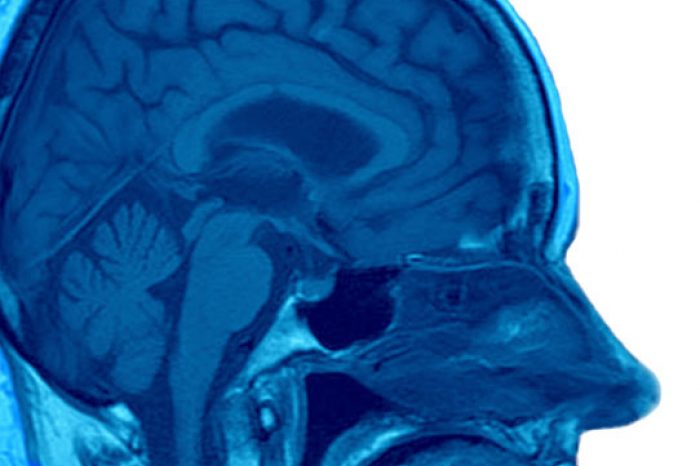
Any organization needs a concussion protocol when they have children or adults in at risk activities. Concussions don’t just happen in sports, and can happen from falls, work or automobile accidents. Massachusetts and most states in the Unites states have laws requiring schools to have concussion protocols in place (https://www.mass.gov/sports-related-concussions-and-head-injuries).
Concussion protocols differ, but all should require removal the athlete if there is a suspected concussion and clear plans for clinical evaluation after the concussion.
A concussion protocol is an agreed upon plan to managed concussion. Concussion protocols are pre-determined and outline the process of progressing an athlete back to school and sports.
Not all physicians are concussion specialists. Concussion specialists understand that not all concussions are the same. An effective protocol takes into consideration that every concussion is different. A successful concussion protocol uses a variety of assessment tools to objectively and accurately track brain recovery.
These protocols need to be reviewed and updated annually with best practices.
In the NFL, the concussion protocol is reviewed on an annual basis by
the NFL Head, Neck and Spine Committee. This board of independent and
NFL-affiliated physicians and scientists, including advisors for the NFL
Players Association, ensures players receive the most up-to-date care.
Players must be removed immediately and enter a return-to-participate protocol. Players are supervised by the team’s medical staff and until cleared by an independent physician may not return to contact practice or play in an NFL game.
Each concussion is different and treatment should not be a “one size fits all” approach. Treatment should be tailored to the individual’s symptoms.
Athletes will need an evaluation and post-injury testing. Concussion diagnosis should not be done by coaches, parents or student athletes. Concussions can sometimes be hard to identify. Healthcare providers have tools and assessments to help recognize concussions. Most healthcare providers will try to see patients 24-72 hours after the injury.
A concussion specialist can also help guide return-to-learn and return-to-sports decisions. Student athletes are students first and students recovering from a concussion may have a difficult time adjusting to normal school activities. Academic accommodations may be necessary.
Return-to-play guidelines are a gradual process to ensure the athletes safe return to activity. These protocols should be sport specific, and post-injury testing is done to ensure the brain has recovered. An athlete should only return to sports under the supervision of a healthcare provider.
It is generally accepted that an athlete has recovered enough to return to competition when symptoms, cognition and balance have returned to baseline (McCrory et al. 2009). A concussion specialist will use neuropsychological testing along with other tools to help guide return-to-sport decisions. Neuropsychological tests can help detect subtle changes in cognitive function and help more reliably track recovery. Several studies have found that even after an individuals' concussion symptoms have resolved they can have continued abnormalities on neuropsychological testing (Broglio et al. 2007; Iverson et al. 2006; Peterson et al. 2003).
Broglio SP, Macciocchi SN, Ferrara MS. Neurocognitive performance of concussed athletes when symptom free. Journal of Athletic Training. 2007;42(4):504–508.
Iverson GL, Brooks BL, Collins MW, Lovell MR. Tracking neuropsychological recovery following concussion in sport. Brain Injury. 2006;20(3):245–252.
McCrory P, Meeuwisse W, Johnston K, Dvoøák J, Aubry M, Molloy M, Cantu R. Consensus statement on concussion in sport: The 3rd International Conference on Concussion in Sport held in Zurich, November 2008. British Journal of Sports Medicine. 2009;43(Suppl 1):i76–i84.
NFL. Concussion Protocol & Return-to-Participation Protocol. June 22, 2018. Retrieved from. https://www.nfl.com/playerhealthandsafety/health-and-wellness/player-care/concussion-protocol-return-to-participation-protocol
Peterson CL, Ferrara MS, Mrazik M, Piland S, Elliott R. Evaluation of neuropsychological domain scores and postural stability following cerebral concussion in sports. Clinical Journal of Sport Medicine. 2003;13(4):230–237.
Meniscus tears are one of the most common causes of knee pain in active adults and aging athletes alike. If you’ve been told you have a “degenerative meniscus tear,” you may have also heard that surgery isn’t always the
Read MoreFor patients with chronic adductor longus tendinopathy, a newer option is emerging: ultrasound-guided tenotomy using the Tenex system. Recent clinical evidence suggests this minimally invasive approach may effectively
Read More